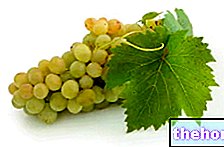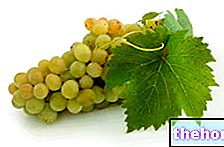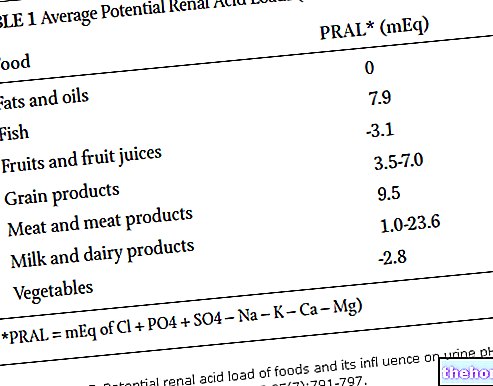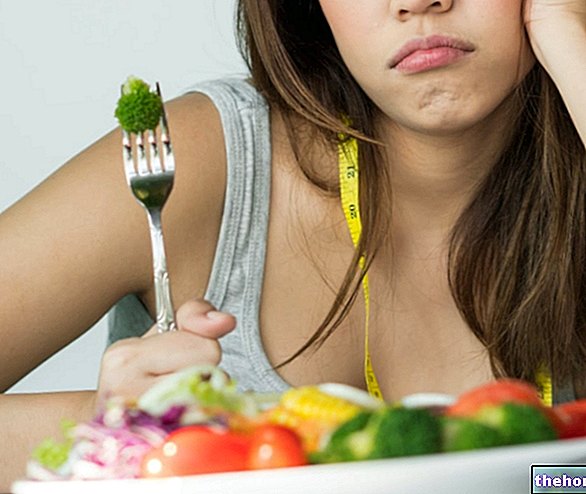Introduction
Many diets and food supplements born in recent years have been designed to meet the nutritional needs of bodybuilders. Those who practice this sport are in fact very attentive to their diet and try to take care of it as much as possible to optimize results.

The diets proposed for bodybuilders are often the result of misinterpretations and for this reason they are heavily criticized by doctors and distinguished nutritionists. In this article we shed some light on this topic by proposing a useful diet for all those bodybuilders who wish to reach the aesthetic top with an eye to their health.
Proteins
Better not to overdo it
One of the first tips that are given to those who have recently entered the world of body building is to increase the protein intake of the diet. To respect this constraint, protein and / or amino acid supplements are also often proposed.
Such advice is based on the erroneous belief that a high-protein diet favors the increase of muscle mass and the reduction of fat. In reality, as doctors and nutritionists tell us every day, the proteins introduced in quantities exceeding the requirements are practically useless; not only that, they even risk making you fat, unnecessarily overload the liver and kidneys, and promote dehydration.
A balanced diet, with adequate energy intake, together with appropriate training, is all that is needed to develop strength and muscle mass.
The daily protein intake should never exceed 2 g for every kg of body weight or fall below 1.2 g / kg.
If the athlete is overweight (FM> 15% men, 25% women) these values must be reduced, since they refer to the ideal body weight.
REMEMBER THAT:
- A diet too rich in protein foods forces the body to work hard to metabolize them. In addition to unnecessary liver and kidney overload, excessive consumption of animal proteins increases the risk of developing some cancers (see: Diet and cancer)
- It would therefore be advisable to expand the food choices by including in one's diet at least three weekly portions of fish and as many of legumes. Instead of meat, for example, soy steaks can be consumed, a high-protein food with a thousand qualities and an amino acid profile which, although inferior to that of meat, is still very good.
- Proteins are not slimming foods, a high-protein diet ensures fat loss similar to a normal mixed diet. The small benefit deriving from the higher dynamic-specific action is at the expense of digestive overload and the greater commitment of the liver and kidneys.
Delicious omelette with egg whites: lots of taste and proteins without cholesterol
Egg White Omelette - Protein Omelette for Muscle Mass
Problems with playing the video? Reload the video from youtube.
- Go to the Video Page
- Go to the Video Recipes Section
- Watch the video on youtube
Fat
Fat in name but not in fact
Generally, diets for body building contrast a high protein intake with a reduced fat intake.
In reality, those who think that reducing the intake of these ESSENTIAL nutrients is the best way to lose weight commits a glaring error of assessment.
First of all, it is not possible to follow a high-calorie diet like the one that characterizes mass cycles by focusing above all on protein intake (in this case the athlete would be forced to consume inordinate quantities of food or protein supplements).
We must not forget that fats stimulate the sense of satiety and make some foods typical of the bodybuilding diet more palatable (chicken breasts, natural tuna, raw vegetables, etc.).
REMEMBER THAT:
In the world of body building it is often recommended to minimize the intake of saturated fats and so-called trans-fats (or hydrogenated). While the second recommendation is fully acceptable, those seeking maximum muscle development should not be too wary of saturated fats. . The foods that contain them are in fact rich in cholesterol, the progenitor of the steroid hormones of which the much loved testosterone is part. Therefore, without forgetting the risks of an "excessive intake of animal fats, it is a good rule to include occasionally some red meat steak in your diet.
Carbohydrates
Carbohydrates, like fats, are often labeled as "dangerous" nutrients that you should be wary of in order to avoid excessive fat gains. Fortunately, many bodybuilders have understood the key role of these nutrients and have learned to never exclude them from their diet. Unfortunately, there are still those who, especially in the definition periods, drastically reduce the consumption of carbohydrates by resorting to high-protein or even ketogenic diets. Such an approach is highly dangerous, both because it forces the body to perform additional work for their metabolization, and because in the long run it can lead to serious clinical consequences
REMEMBER THAT:
- The body building diet should include, in order of preference: first choice carbohydrates (pasta, legumes, parboiled rice, whole grains) second choice carbohydrates (bread, better than durum wheat or rye) and third choice carbohydrates ( potatoes). The consumption of simple sugars (sucrose, sweets, honey, jam, sugary fruit) should instead be kept at very low levels.
- We must not forget fruits and vegetables which represent an exceptional source of low glycemic index carbohydrates associated with a rich pool of vitamins, fibers and mineral salts.
- It is a good rule, especially in the definition period, to favor the intake of carbohydrates in the morning and in the afternoon and then reduce it in the evening meal which will be particularly rich in fiber and protein.
- In recent years, some high-protein, hyperlipidic and hypoglucidic diets have spread in the world of body building (METABOLICA, Atkins and other dietary models which fortunately have had less success). Such a dietary approach borders on madness as it subjects the body to unnecessary stress which in the long run can give rise to numerous diseases (hyperlipidemia, liver and kidney overload, cardiovascular problems, gout, etc.),
Supplements
Those who dream of sculpting their body only thanks to an optimal dietary supplement are destined to leave money, results and sometimes a pinch of health on the road.
There are many products theoretically useful for the body of a body builder (proteins, pools or single amino acids, fat burners, vitamins, mineral salts, etc.). In reality, if the diet is correct, many of these nutritional supplements become totally useless.
Protein and amino acid supplements can be associated with your diet if it is unable to provide them in adequate quantities (for example if you follow a vegetarian diet). In such situations it is possible, for example, to take about 30 grams of whey protein associated with a fruit immediately after training.
Continued: Supplements and Body Building
See also: Is the average Italian's diet good for body building?
Example body building diet 2400 - 3000 calories
Supplements and Body Building
Maximize anabolism in a natural way




























